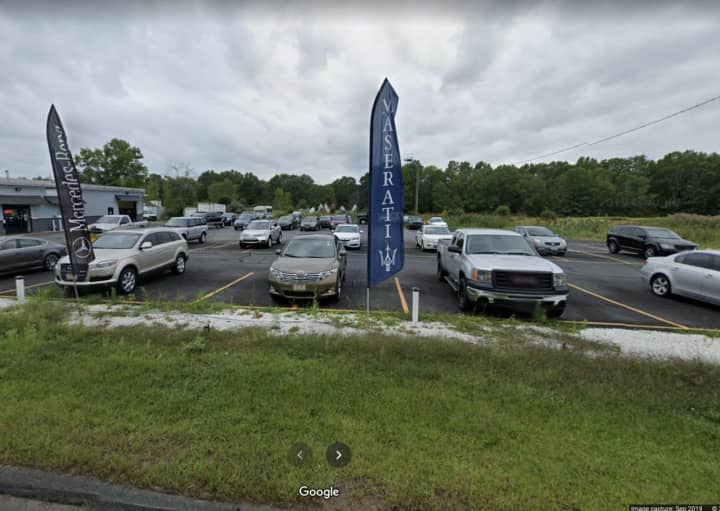The Better Business Bureau issued an alert advising of new scams that have arisen as the demand for used cars in Connecticut has spiked, leading to acts of fraud across the state.
According to officials, scammers have been listing used cars for sale through sponsored ads and through social media.
Victims have then been told to wire money for the vehicle to a shipping or escrow company, while the scammers allege that they will keep the payment safe for at least five days to ensure the buyer are satisfied with the purchase.
Instead, the fraudsters made off with the wired money, officials said.
A second similar scam involves victims being targeted after sellers allege that a family member died recently and is “trying to get rid of his old (vehicle) because it has brought back bad memories.”
The seller then allegedly says that someone else was going to buy the car but didn’t get the loan, so it’s ready to be shipped.
In both scams, the seller attempts to make the fraud appear legitimate by assuring that the transaction will be confirmed through a third party’s buyer protection program.
Instead, the company website sends all cash to an office in Hartford.
According to the FBI, scammers may fake a sense of urgency for selling the car, such as moving or being deployed by the military and receiving the vehicle as part of a divorce settlement.
Officials said that after the transactions, the scammers tend to ignore all follow-up calls, text messages, and emails, or may demand additional payments.
In the end, the consumer never receives a car and is never able to recoup their losses. Aside from the monetary losses, consumers may put personal banking information at risk through these scams, they noted.
To avoid online car sale scams, the BBB has offered these tips:
- Never wire funds or complete bank-to-bank transactions. Scammers love this kind of transaction because there is no way for you to get your money back once it is completed. Instead, make legitimate purchases by check or credit card;
- Watch out for too good to be true deals. They are most likely a scam. Scammers often steal consumers’ personal information and money by offering them high-value goods at extremely discounted prices;
- Contact the seller by phone. At some point during your negotiations, speak with the sales manager on the phone. If they are unusually vague about certain details of the sale or cannot confirm their location or the vehicle location, it’s most likely a scam;
- See the car first. Never buy a car without making an in-person inspection and taking a test drive first;
- Don’t give in to pressure. Scammers often try to pressure you into giving up your personal information or making a down payment before you have time to think about the purchase. Take your time and think a deal over before agreeing to anything. If you get a bad feeling, listen to your gut;
- Don’t trust a seller or buyer who says that the transaction is guaranteed by eBay, PayPal, Craigslist, or another online marketplace. These sites explicitly explain they cannot guarantee that people using their services are legitimate. Anyone who says otherwise is lying.
Click here to follow Daily Voice Windham and receive free news updates.


